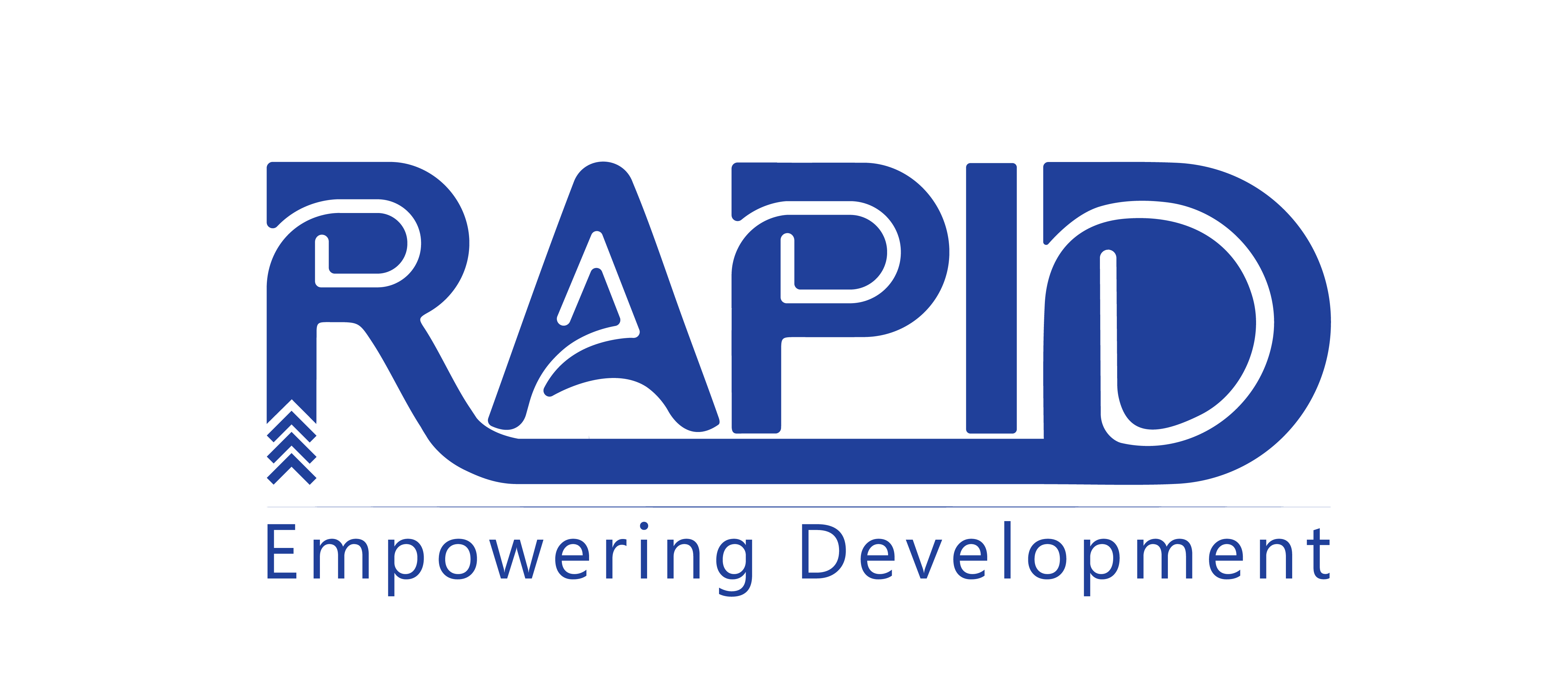About the presentation:
Presented by: Mr Asaf Ibne Salim, Research Associate, Ms Samia Aktar Trisha, Research Associate, Mr Rassiq Aziz Kabir, Research Associate
Moderated by: Dr M A Razzaque, Chairman
The presentation explores the current status of ongoing “Benchmark Survey on Financial Inclusion in Bangladesh”, focusing on the accessibility and usage of financial services. In this survey, financial inclusion is defined as having access to at least one of six financial institutions: Banks, Mobile Financial Services (MFS), Microfinance Institutions (MFI), Non-Banking Financial Institutions (NBFI), Capital Markets, and Insurance Services. The presentation also highlights that financial inclusion is important as it reduces poverty and inequality, drives economic growth and increases overall welfare of society. The survey aims to assess the factors influencing financial access and identify potential barriers that limit individuals' participation in the formal financial sector.It examines the role of education, ethnicity, and technology utilization such as mobile phone and internet access in shaping financial inclusion.
The survey is structured into different sections, covering various aspects of financial behavior. It begins with household information, collecting demographic data, including mobile phone ownership and usage. The education section captures literacy levels and educational attainment, while the economic activities and employment section records work status and types of employment. The financial inclusion section investigates account ownership, transaction behavior, and awareness of available financial products and services. Additionally, the financial transactions section tracks the usage of ATMs, QR codes, mobile apps, and remittance channels, also addressing challenges with digital payments. Financial literacy is assessed through an evaluation of concepts like interest rates, inflation, and savings, using scenarios to test practical understanding. The final section focuses on barriers to financial inclusion, exploring reasons for exclusion such as lack of trust, high costs, and documentation issues, with special attention to challenges faced by women, third-gender individuals, and persons with disabilities.
Overall, the survey provides an in-depth analysis of the current state of financial inclusion in Bangladesh and highlights the challenges that prevent individuals from accessing financial services. By identifying these barriers, the findings aim to support policymakers and financial institutions in developing strategies to improve financial accessibility and literacy, fostering a more inclusive financial ecosystem.


















